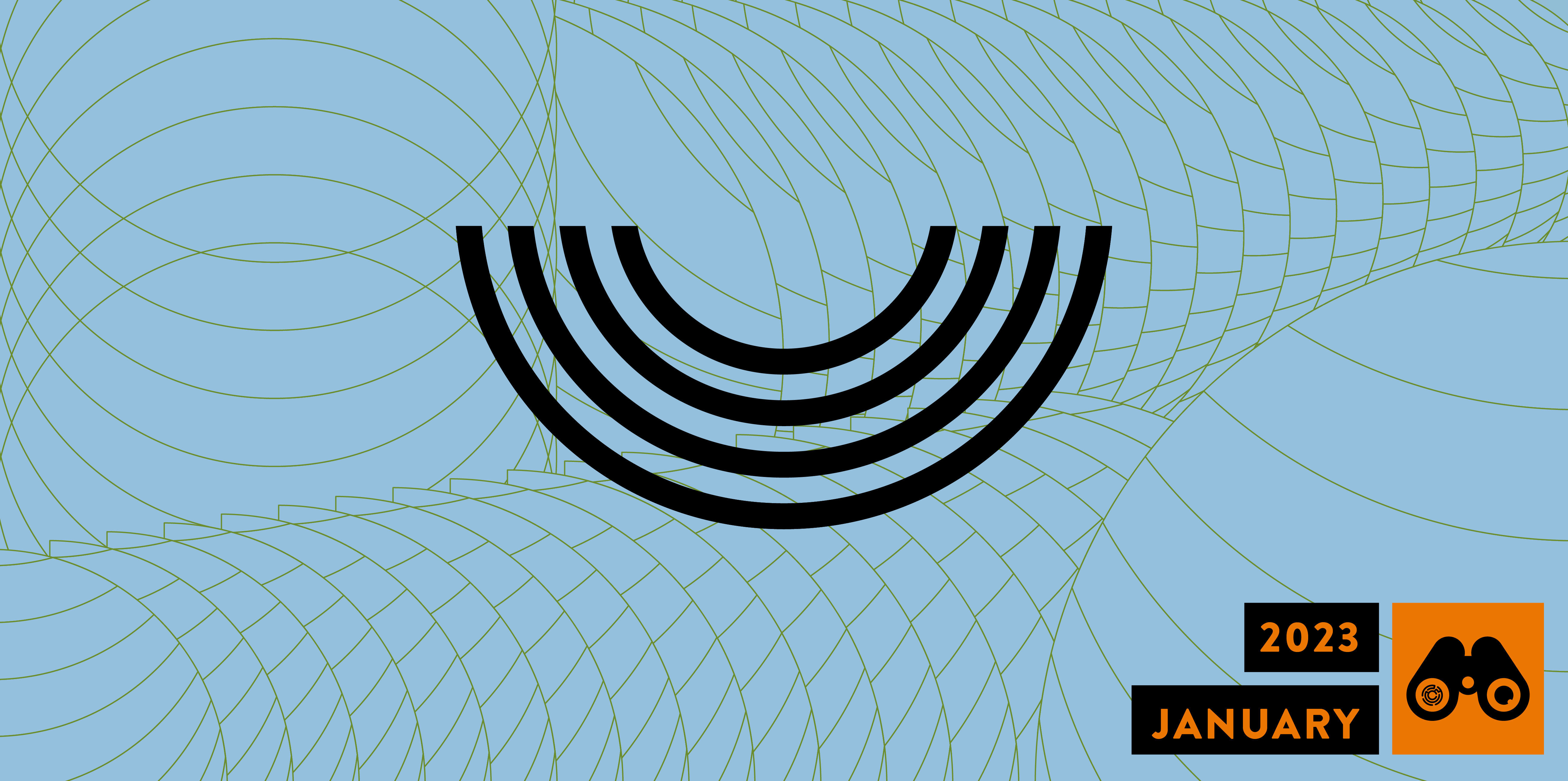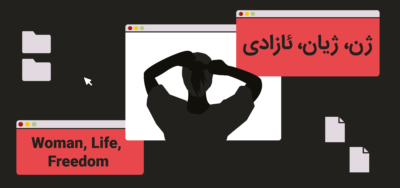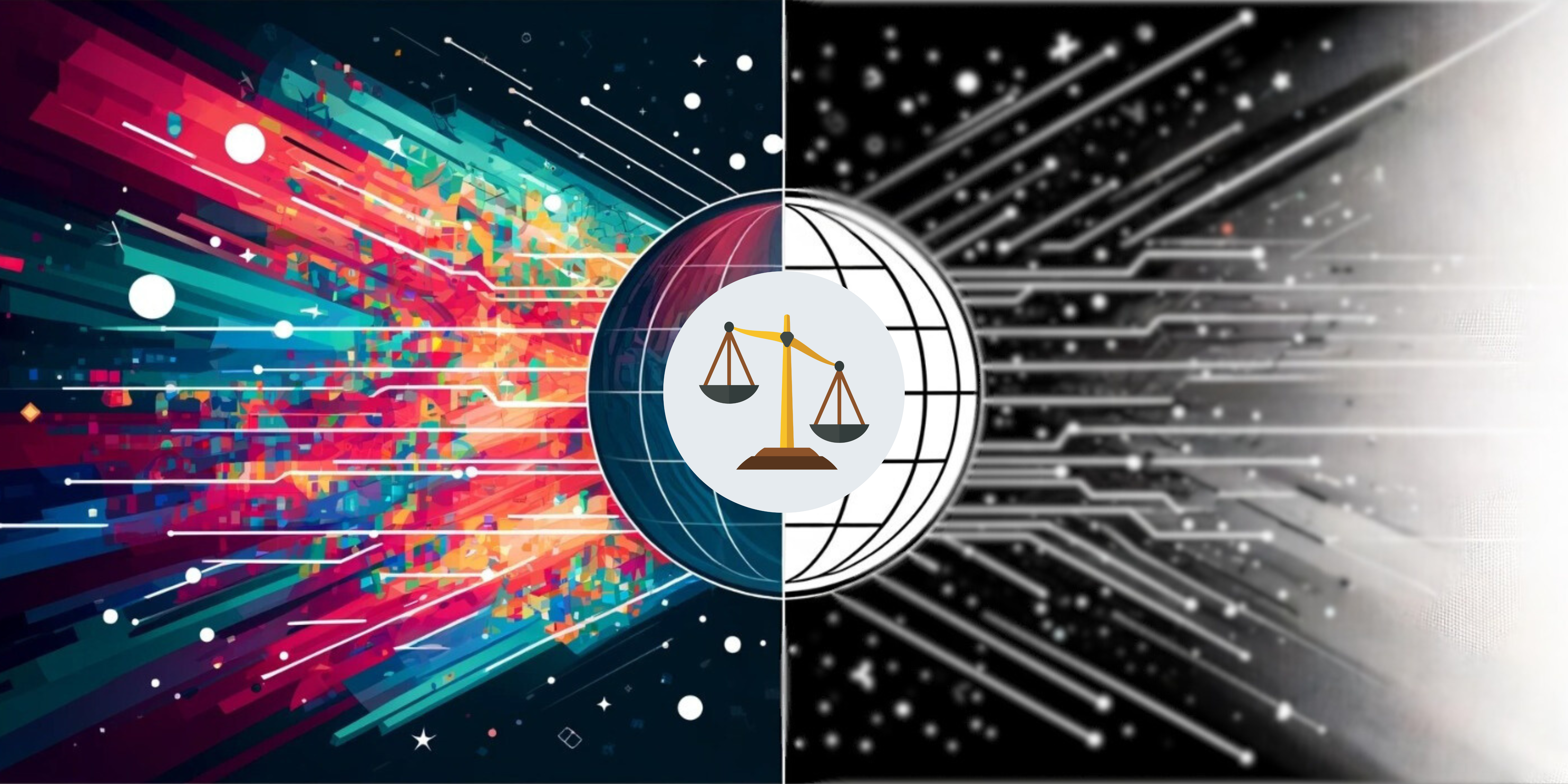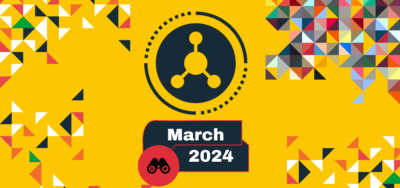Over the past few weeks we have witnessed the role of the Judiciary in restricting Iran’s internet becoming more prominent. While the Judiciary has in the past worked hard on plans and legislation for criminalizing online activities, the protests under the banner of “woman, life, freedom” have certainly accelerated the Judiciary’s involvement in internet restrictions and the progress of the National Information Network (NIN).
In the same vein, on 4 January the Iranian news outlet ISNA reported that the Judiciary will now be working alongside the ICT Ministry to prosecute those who sell, develop, and distribute unauthorized VPNs. The ICT Ministry is responsible for identifying and blocking unauthorized VPNs, while the Judiciary is responsible for related prosecutions. Those charged for such ‘crimes’ will receive a penalty in accordance with Article 753 of the Islamic Penal Code which is dedicated to those who “commit computer-related crimes”.
Another development this month on the enhanced role of the Judiciary in online matters was reports of a meeting between the Audio Visual Regulatory Authority (SATRA) (operating under the Islamic Republic of Iran Broadcasting- IRIB) and the Attorney General’s Office in January. During the meeting it was decided that all online platforms wishing to publish audio/visual content will require a license from SATRA. It was also decided that the Judiciary will be present during meetings for granting licenses.
While the Judiciary was wielding its power in online matters, the ICT Ministry also made strides in work on implementing “layered” or “tiered” filtering plans, the expansion of the National Information Network (NIN) and using internet shutdowns to control and restrict the freedoms of those in Iran.
Special internet packages with higher speeds or different levels of access to the global internet are rolled out for specific groups such as gamers, freelancers, and developers are being incrementally rolled out. Officially, these measures have been described by the ICT Minister, Eisa Zarepour, as means to “circumvent the effect of sanctions” or “new facilities for special sections of society” to deny the reality that this is in fact creating privileged internet access for certain people in the country as decided on by the government, while others are limited to the filtered content and domestic services, the very definition of “layered filtering,” Iran’s latest plan for digital authoritarianism.
In yet another development that highlights the extent of the normalization of internet shutdowns as means to control Iran’s population, the ICT Ministry and the National Education Testing Organization agreed to implement a localized shutdown in areas where university exams take place, a major human rights violation as a measure to “prevent cheating”.

Secretary to the Supreme Council for Cyberspace Resigns
On 29 January, Abolhassan Firouzabadi, the Secretary to the Supreme Council for Cyberspace (SCC) resigned from his post in a letter addressed to President Ebrahim Raisi. He was appointed to the position in 2015, and was sanctioned by the US for human rights violations in relation to the restriction of the internet.
Iran’s ICT Minister Denies the Implementation of ‘Layered Filtering’ Despite Special Internet Access Being Granted to Certain Professions
On 11 January, the ICT Ministry, Eisa Zarepour, denied that giving special access to high speed/unrestricted internet to certain professions – which was announced earlier in the year for freelancers, gamers and programmers – is creating a ‘layered filtering’ system. He instead offered that this was a “new facility for a special class” which is in fact the very definition of a system of layered or tiered access to the internet: privileged access to the global internet or with higher speeds for specific sections of society as decided on by the government.
All Platforms Require STARA Licenses for Publishing Content
On 31 January it was reported by Jam-e-Jam newspaper that following a meeting between the Audio Visual Regulatory Authority (SATRA) (operating under the Islamic Republic of Iran Broadcasting- IRIB) and the Attorney General’s Office, it was agreed that platforms are not to “publish any content with a SATRA license”. It was also agreed that Advisors to the Attorney General would also be attending meetings on issuance of licenses.
ICT Ministry to Purchase Internet Traffic Generated by Domestic Platforms
During the Supreme Council for Cyberspace (SCC) meeting on 10 January it was agreed that the ICT Ministry will be purchasing the internet traffic generated by domestic platforms and re-selling them to network operators as means to general revenue for these domestic platforms who are not able to sell their own content and data.
Provincial Cyberspace Councils to Be Setup “By the End of the Iranian Calendar Year”
During a session of the SCC on 10 January it was decided that provincial cyberspace councils are to be established in every province in Iran by the end of the Iranian calendar year (March 2023). The role of these provincial councils is to have oversight of the “implementation of the SCC policies at local levels”.
Text of the “Data Protection” Bill Finalized
On 6 January it was reported by various Iranian news outlets that the text of the “Data Protection” Bill had been reviewed and finalized at the Parliamentary Digital Economy Management Commission.
Efforts to Revive the “User Protection” Bill by the Majles
In an interview on 21 January Ali Asghar Anabestani MP and member of the Joint Parliamentary Commission for the User Protection Bill said that the “group behind the User Protection Bill are looking for a plan to revive the Bill”.
Further EU Sanctions on Iranian Government Officials and Technology Companies Announced
On 23 January the European Union announced further sanctions on government officials and several Iranian technology companies responsible for human rights violations. The list includes Ahmad Noroozi, the Head of the Islamic Republic of Iran Broadcasting (IRIB) World Service and the CEO of Press TV, the Communications Regulatory Authority, Ravind Academy, Samane Gostar Sahab Pardaz and Imen Sanat Zaman Fara Company among others.
‘Combating Online Gambling’ Resolution Ratified
On 22 January the Supreme Council for Cyberspace (SCC) resolution on Combating Online Gambling was ratified by the body. The resolution is passed as part of the execution of the Macro-Plan for the National Information Network resolution.
Prosecuting VPN Related ‘Crimes’ to Begin
On 4 January, the news outlet ISNA reported that the Judiciary and the ICT Ministry and other government organizations will be working together to prosecute the sale of VPNs. Those selling, developing, and distributing VPNs will receive a penalty in accordance with Article 753 of the Islamic Penal Code which can include a financial fine and imprisonment. The ICT Ministry is responsible for identifying and blocking unauthorized VPNs and those behind them, while the Judiciary is responsible for related prosecutions.
Internet Shutdown During University Entrance Exams to Go Ahead
On 11 January Iran’s ICT Minister Eisa Zarepour confirmed that an agreement had been reached between the ICT Ministry and the National Education Testing Organization for the implementation of a mobile internet shutdown in the location of the university entrance exams while the exams were in progress with prior notice to be given to those living in the area.

Head of Iran’s Infrastructure Company: Hopes to Turn Iran into a Data Transit Hub
According to a post on the domestic social media app on 30 January, the Head of Iran’s Infrastructure Company, Amir Mahmooud Lajevardi expressed hopes to turn Iran into a “ data transit hub” in the region. He added: “during the last 18 months, international data transit in Iran has increased from 1.3 TBps to 2.9 TBps”.

Iran’s ICT Minister: the Unblocking of Clubhouse is “Seriously Likely”
On 21 January, Iran’s ICT Minister, Eisa Zarepour commented that the unblocking of the audio-only social media app, Clubhouse, was “seriously likely in the coming days,” possibly through a decision by the Committee for Determining Instances of Criminal Content (CDICC). Clubhouse was blocked in early 2020 as the platform gained popularity prior to Iran’s presidential election. He added that WhatsApp and Instagram – which have been blocked since September 2022 – were blocked by security bodies, therefore will not be affected by this move.
Meanwhile, on 29 January the former Head of the Communications Regulatory Authority (CRA), Hossein Fallah-Joshghani also commented that Clubhouse was blocked without a court order or a decision by the CDICC,
Iranian and Russian Banking Apps to Be Linked
According to a number of Iranian news outlets following meetings between Russian and Iranian officials in January 2023, an agreement was signed between Russia and Iran to connect Iranian and Russian banks via banking apps. This measure is meant to circumvent the impact of sanctions on both countries which restrict their international financial activities.
Also in discussion between the two countries is cooperation on cryptocurrencies to be used for international payments.

Snapp and Irancell to Enter the Tehran Stock Exchange
According to the Iranian tech news website Peivast, on 12 January, the Iranian delivery and ride-hailing service, Snapp, and the telecommunication company, Irancell are to enter the Tehran Stock Exchange before the end of the Iranian calendar year, March 2023.
Iran’s Draft Budget for the Upcoming Year: Provisions for the ICT Sector
The draft Annual Budget for the upcoming Iranian calendar year (March 2023 – March 2024) was released in early 2023. The budget makes several references to the ICT sector, some of which are highlighted below:
- According to Article 6 of the duties and taxes section of the draft Budget, businesses active on domestic platforms approved by the ICT Ministry who have not had any previous tax disputes will be tax-exempt up to an approved ceiling by the end of the current Iranian calendar year (March 2023)
- A proposed 73,000 IRR for the expansion of the National Information Network
- The ICT Ministry’s Budget to increase by 11% to reach 156,110,000 IRR
- A special budget line for “improving cyber security”
- A government proposal to increase the tariff on imported mobile phones worth over 600 USD to increase from 12% to 15%





